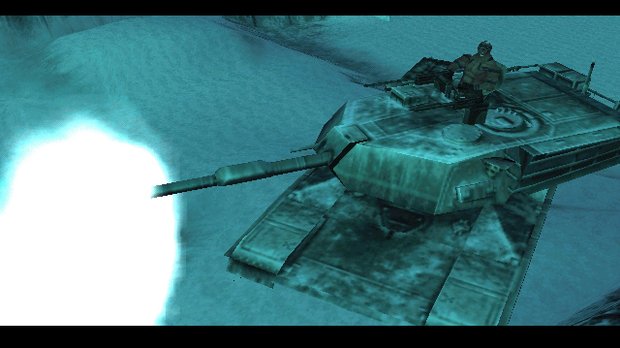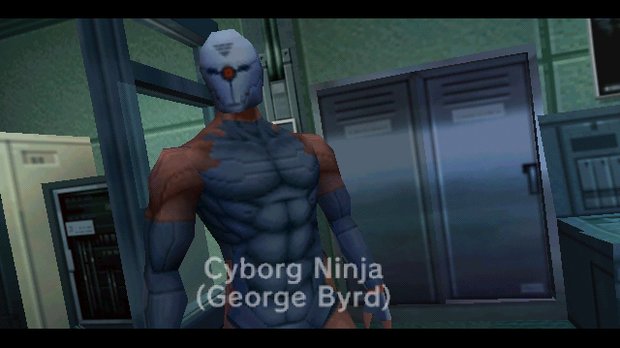Metal Gear Solid: How a game about robots kindled my fascination with politics
I was 14 when Metal Gear Solid came out. I bought it because it was about robots, cyborgs, and a gruff, cynical protagonist. I bought it because it offered a world full of intrigue, subterfuge and espionage. I bought it because the demo let me use a chaff grenade to take out a surveillance camera, and because Snake knew that the enemies were equipped with “five-five-sixers and pineapples”. I had no idea what that meant, but it sounded cool. In short, I bought Metal Gear Solid because I was 14, and it was a game about the sort of things that appeal to someone of that age.
When I finished Metal Gear Solid, those weren’t the things that I was thinking about. I was thinking about the perilous tightrope of nuclear disarmament; of stockpiles of poorly maintained nuclear waste; of the Chernobyl disaster. I was thinking about how previous generations had nearly destroyed the world, and how, in turn, new generations could still destroy the world. Yes, I was a precocious teenager, but Metal Gear Solid is detailed and explicit in its distaste for nuclear weapons and their proliferation. It wants its players to think about this stuff.

The Metal Gear Solid series has been criticised for trying to shoehorn serious issues into an ostensibly campy, sci-fi series. You shouldn’t, the theory goes, try to highlight the treatment of prisoners of detention camps in a game with a character called Skull Face. The place for a discussion on surveillance and the control of information, it is said, is not in a game that features a techno-vampire.
I disagree. Metal Gear Solid has every right to explore serious issues, just as any form of entertainment should be free to have an underlying theme. If it takes popular culture to bring big ideas to the broader population, then so be it. Plus, isn’t the plurality of tone essentially mimicking reality? The Metal Gear Solid games, much like life, are simultaneously absurd, dramatic, funny and serious.
This tonal patchwork is undeniably effective. As a teenager, I wouldn’t have watched a dry documentary about the ramifications of the fall of the Soviet Union. But I did spend hours talking to Nastasha on the Codec; the game’s ultimate stealth trick being to teach me about the state of the world under the cover of entertainment. Or, to put it another way, a spoonful of REX helped the frightening realisation about the precariousness of existence go down.

It would be one thing if the series was ever exploitative – pulling ripped-from-the-tabloids story ideas in service of a banal attempt at relevance. That’s not the case. In each instance, the game’s theme comes from a place that feels genuine. Individual stories are sometimes handled clumsily – most notably the way the tragedy of MGS 4’s Beauty and the Beast unit is highlighted through their sexualisation. But the occasional misstep shouldn’t invalidate Kojima Productions’ desire to make a point.
Looking back, Metal Gear Solid was a formative game for me. It was released at the right time in my life, and prompted me to look outside the insular world and at something bigger and more important. Metal Gear Solid’s exploration of nuclear weapons, and the tensions that led to their proliferation, eventually led to me studying politics, and specifically the history of the Cold War. More than that, it changed the way I thought about games. The series had a profound effect on my life and my career. For that reason, I’ll always be indebted to the series – specifically its desire to tackle serious subjects.
Weekly digests, tales from the communities you love, and more

Phil is the UK Editor of our sister site, PC Gamer. He's been writing for them for over a decade, initially starting out as a freelance writer specialising in MMOs. Now he leads PC Gamer's UK team, but still sometimes finds the time to write about his ongoing obsessions with Destiny 2, GTA Online, and Apex Legends. When he's not levelling up battle passes, he's checking out the latest tactics game or dipping back into Guild Wars 2.


